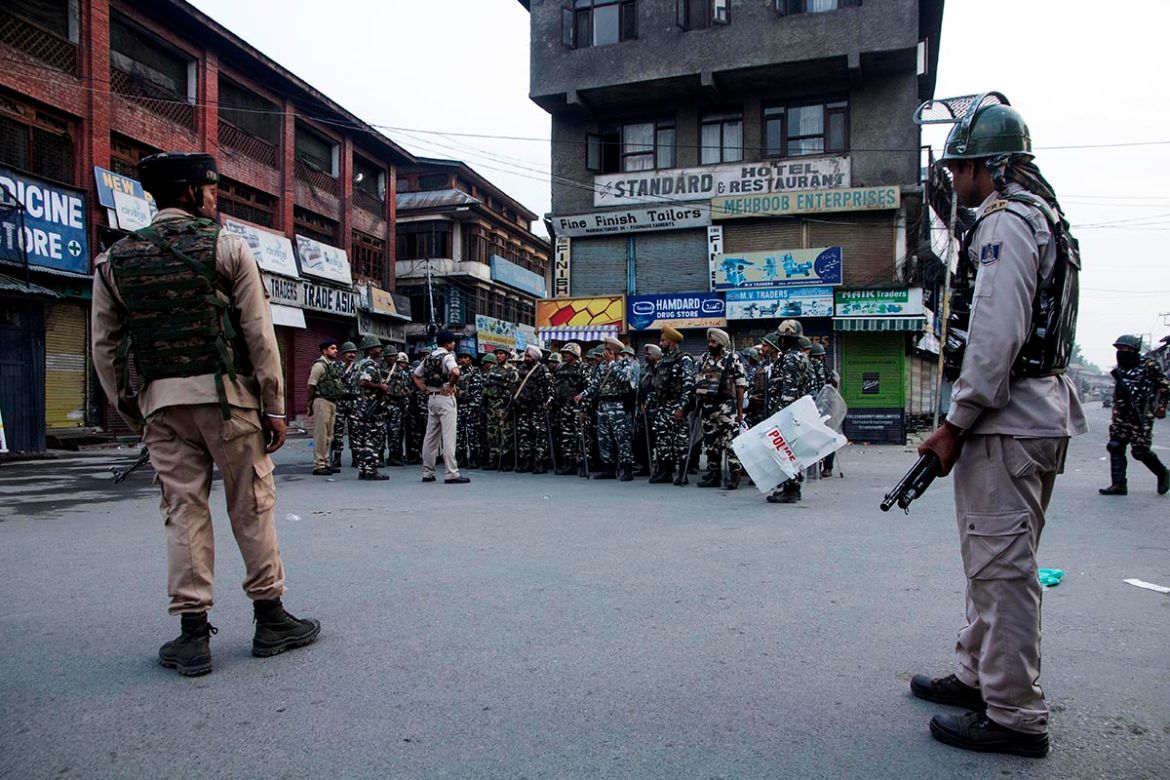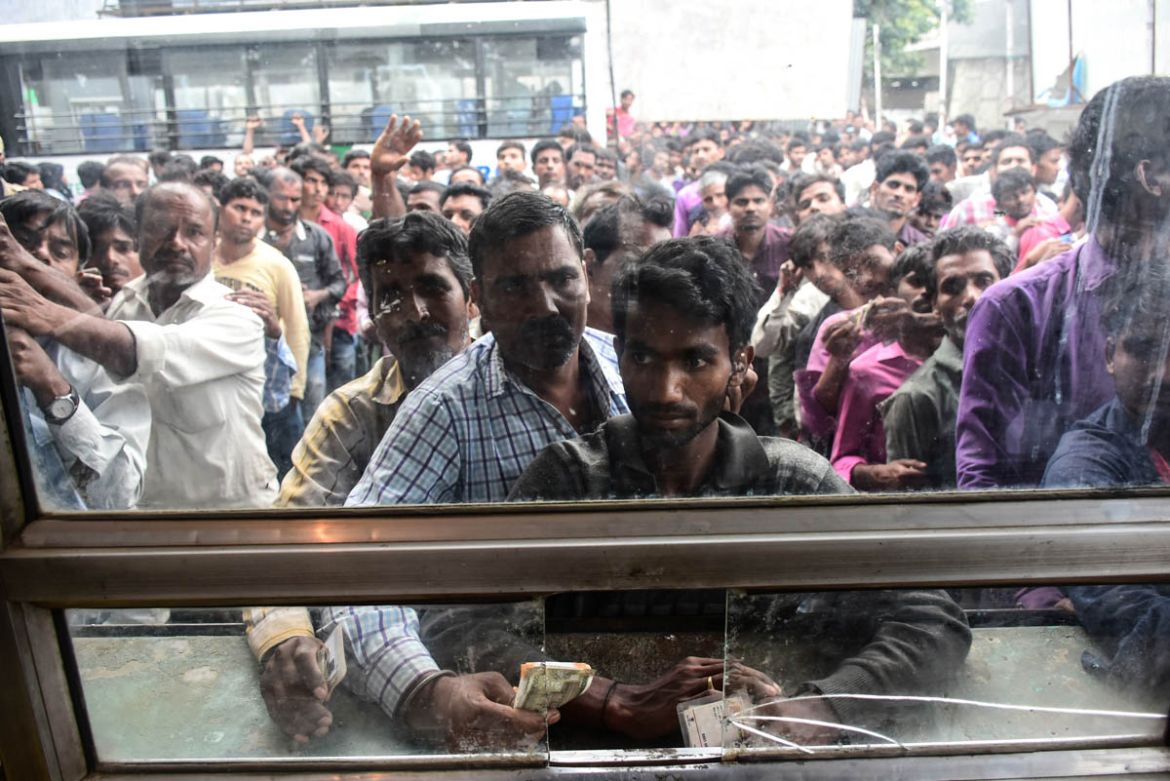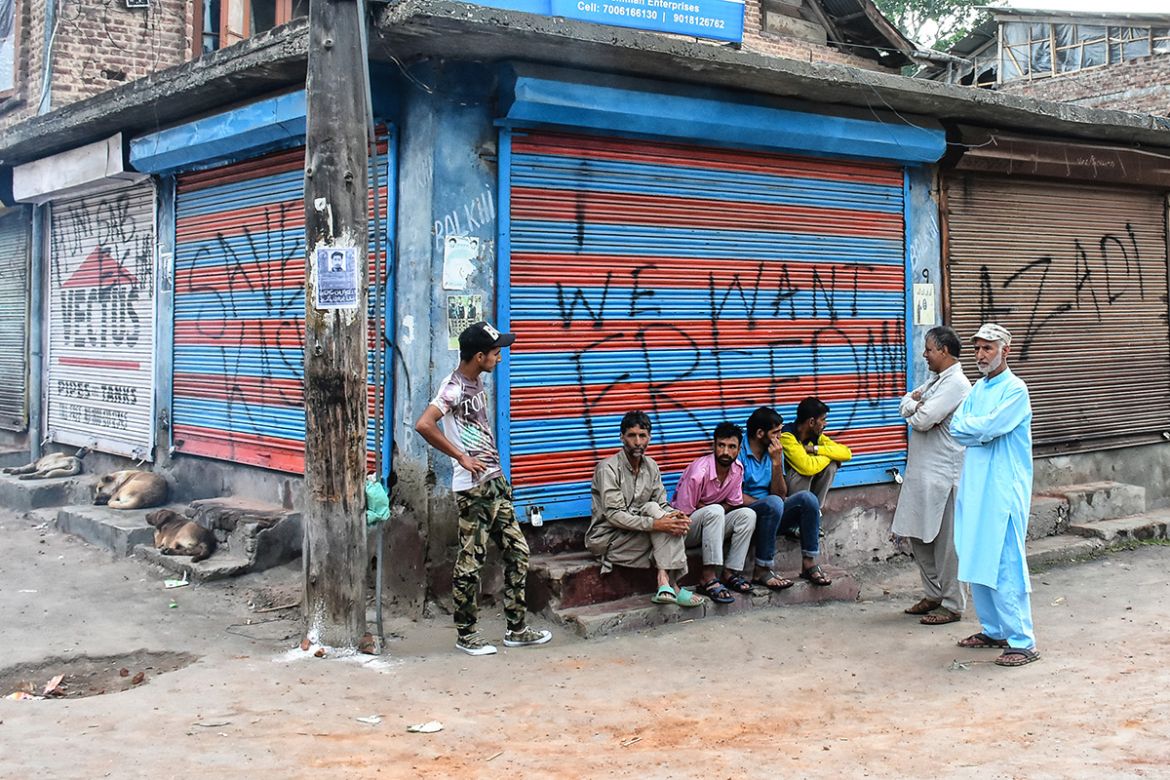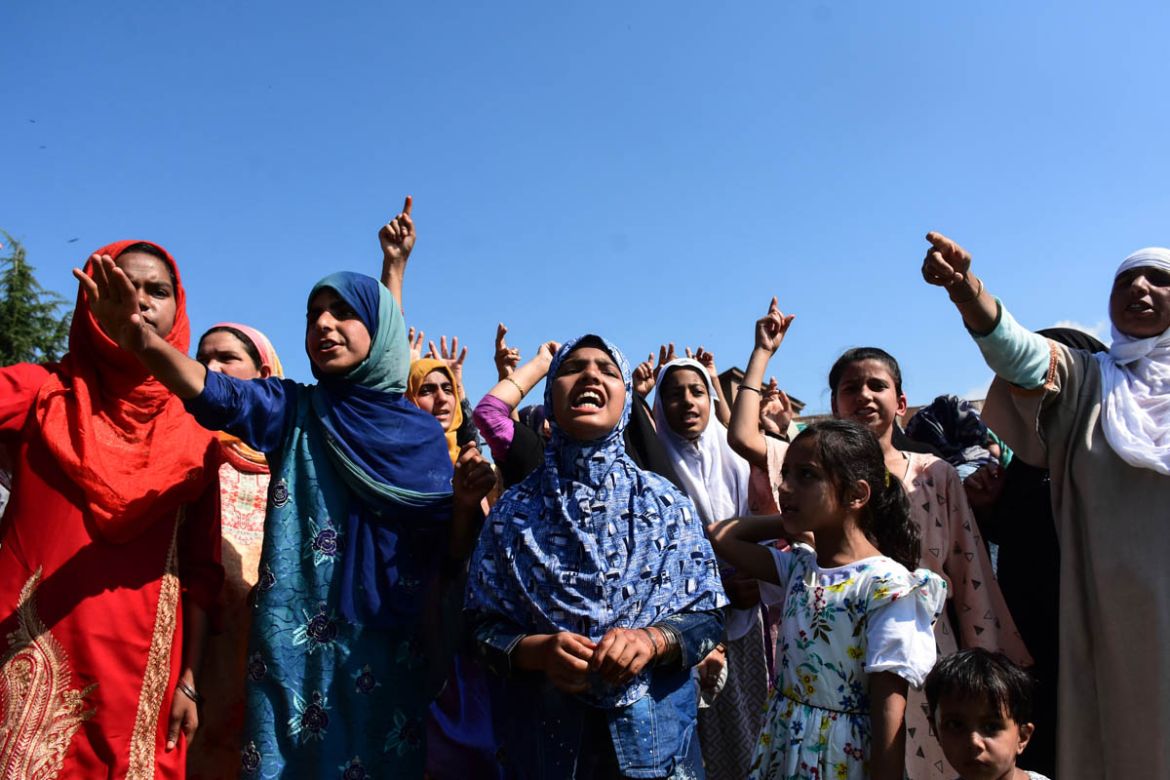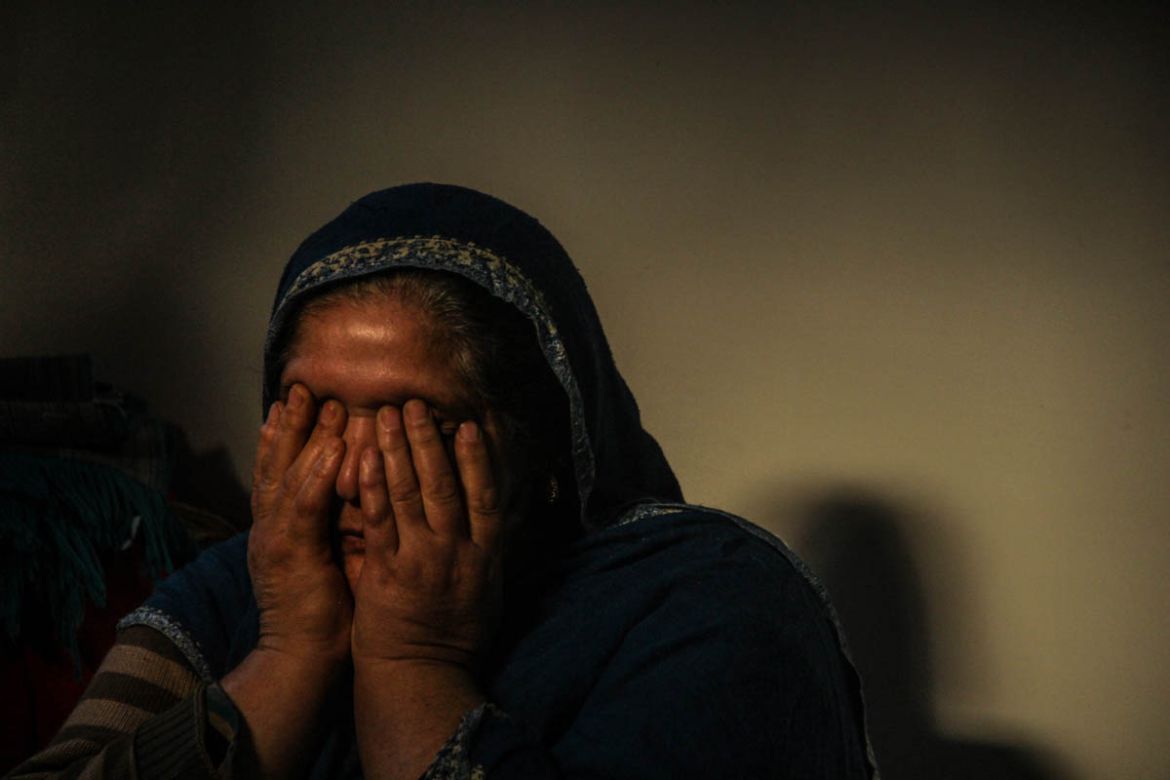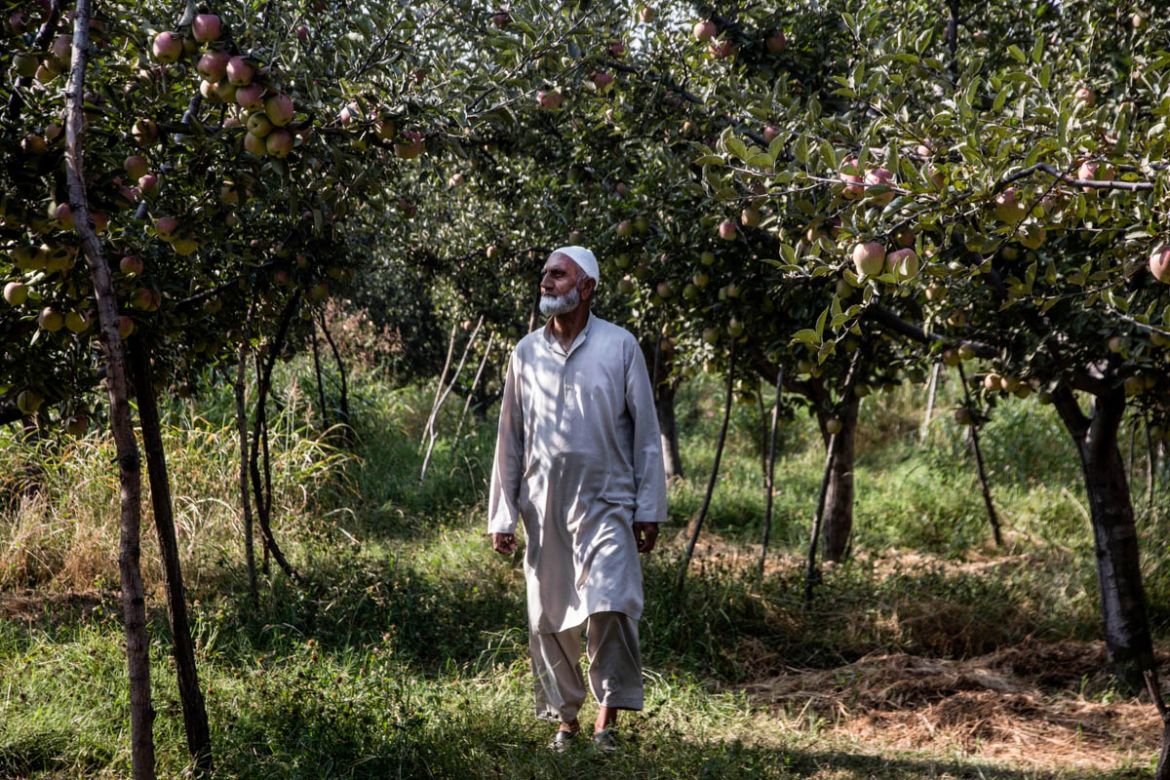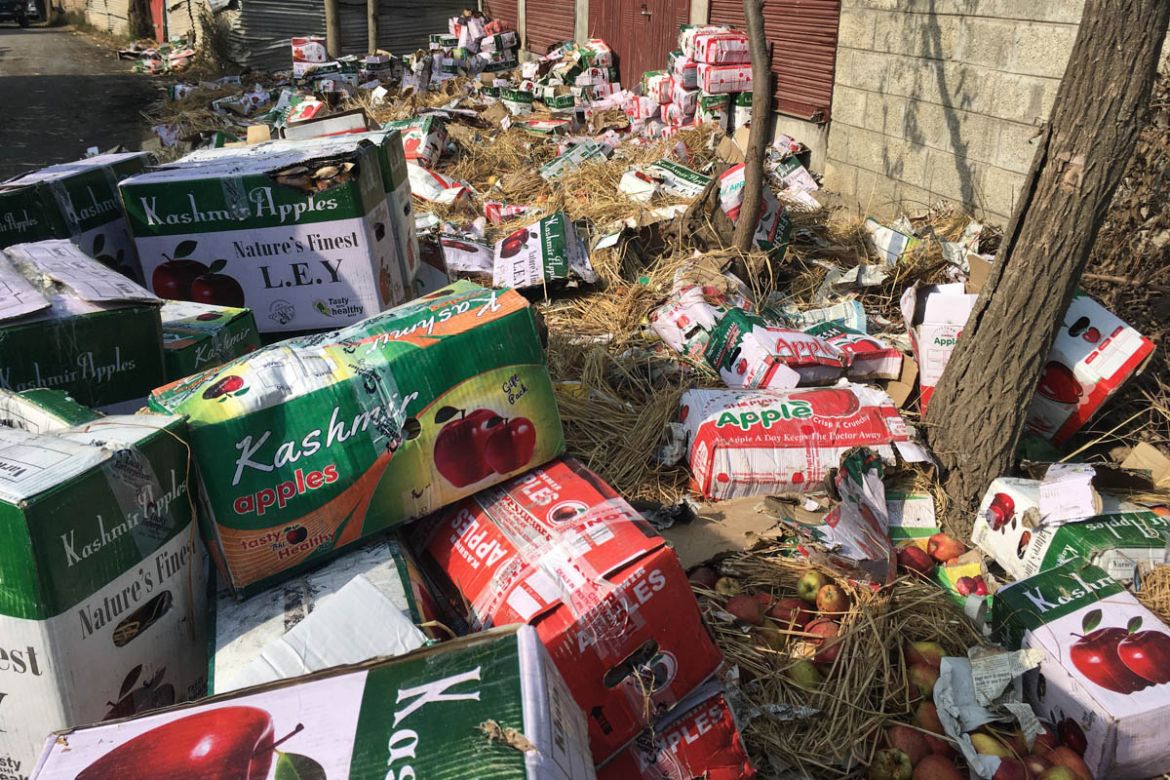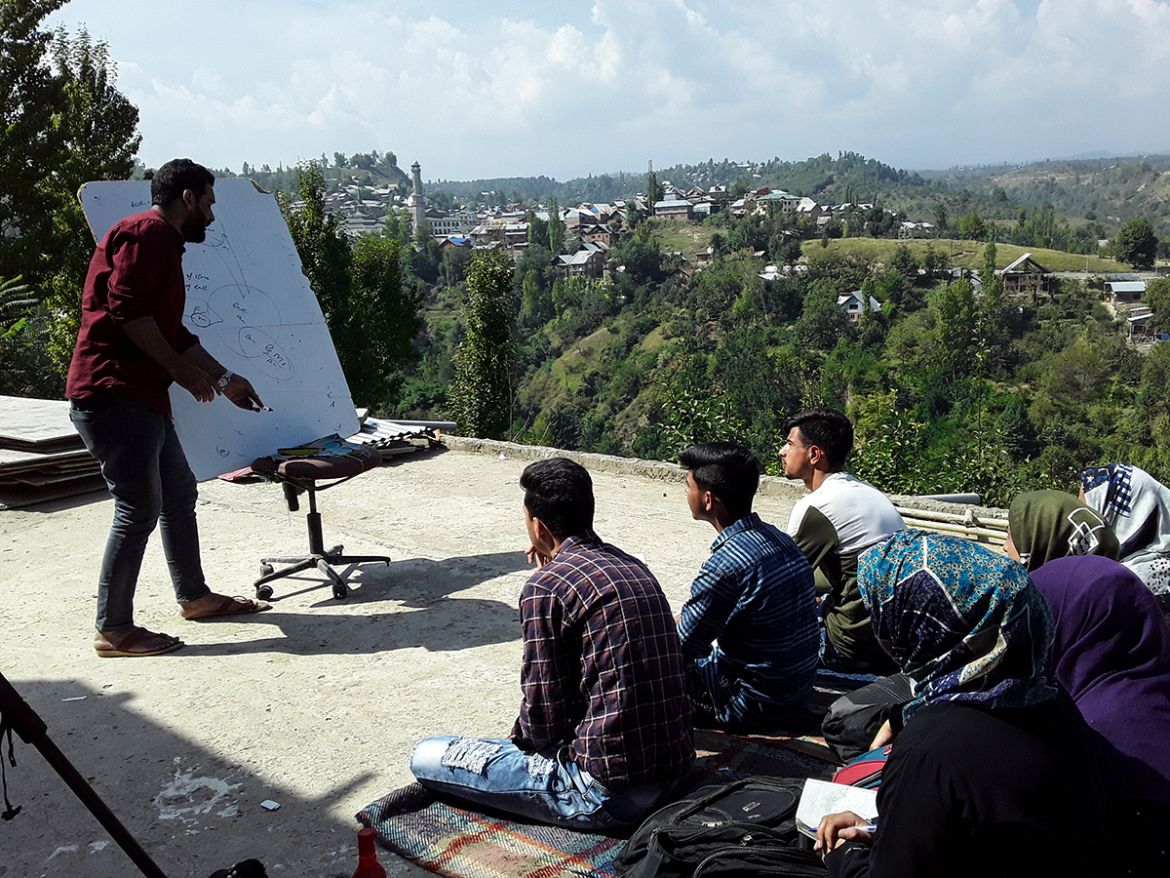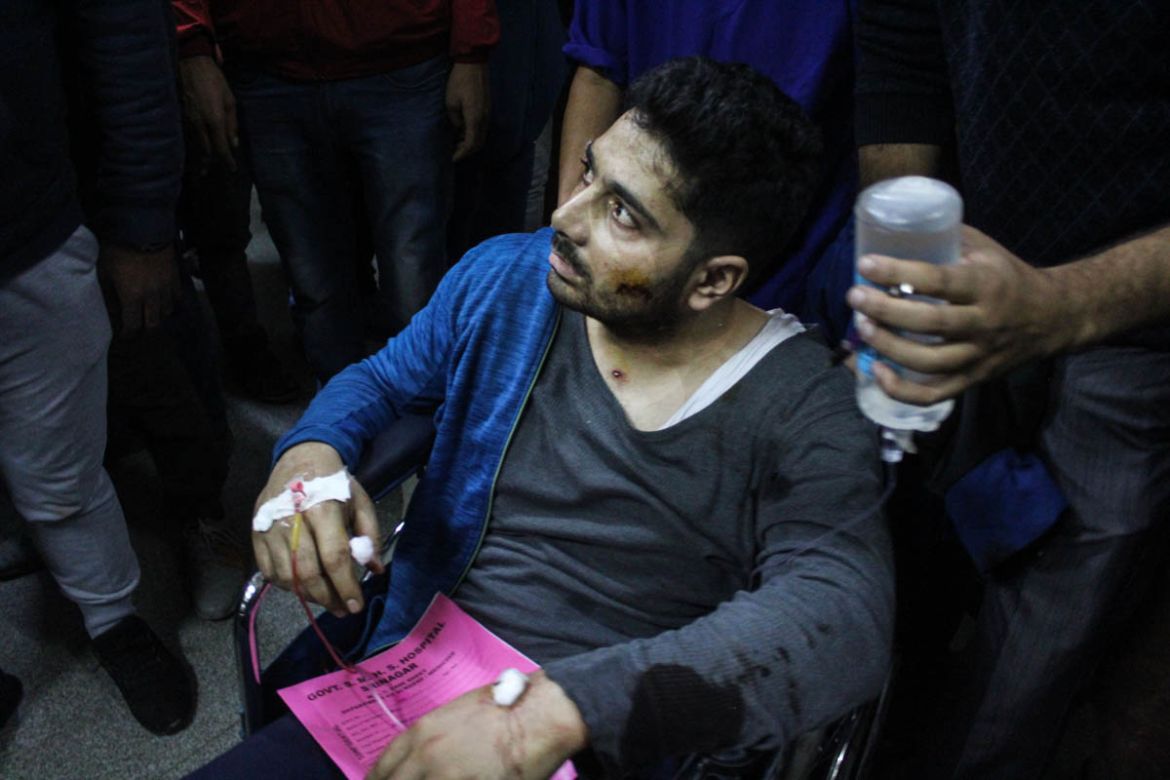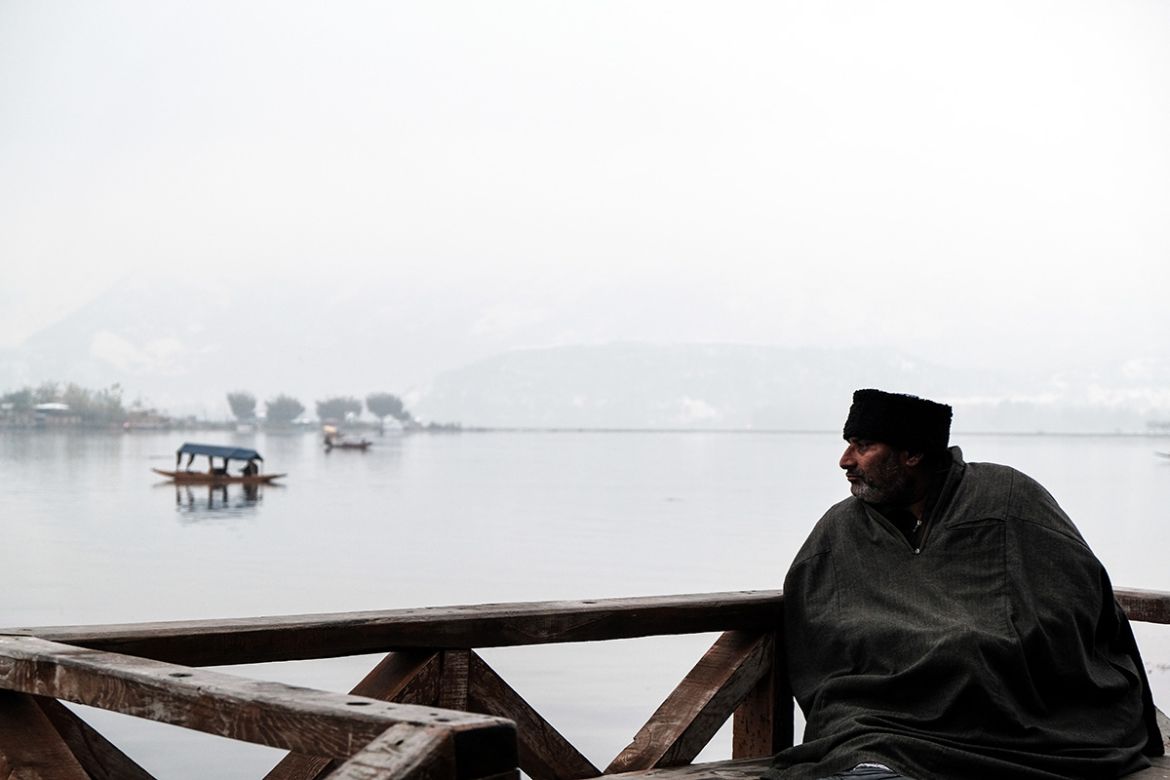In Pictures
In Pictures: 100 days of crippling lockdown in Kashmir
Disputed Himalayan region reels under unprecedented security lockdown since its special status was scrapped in August.
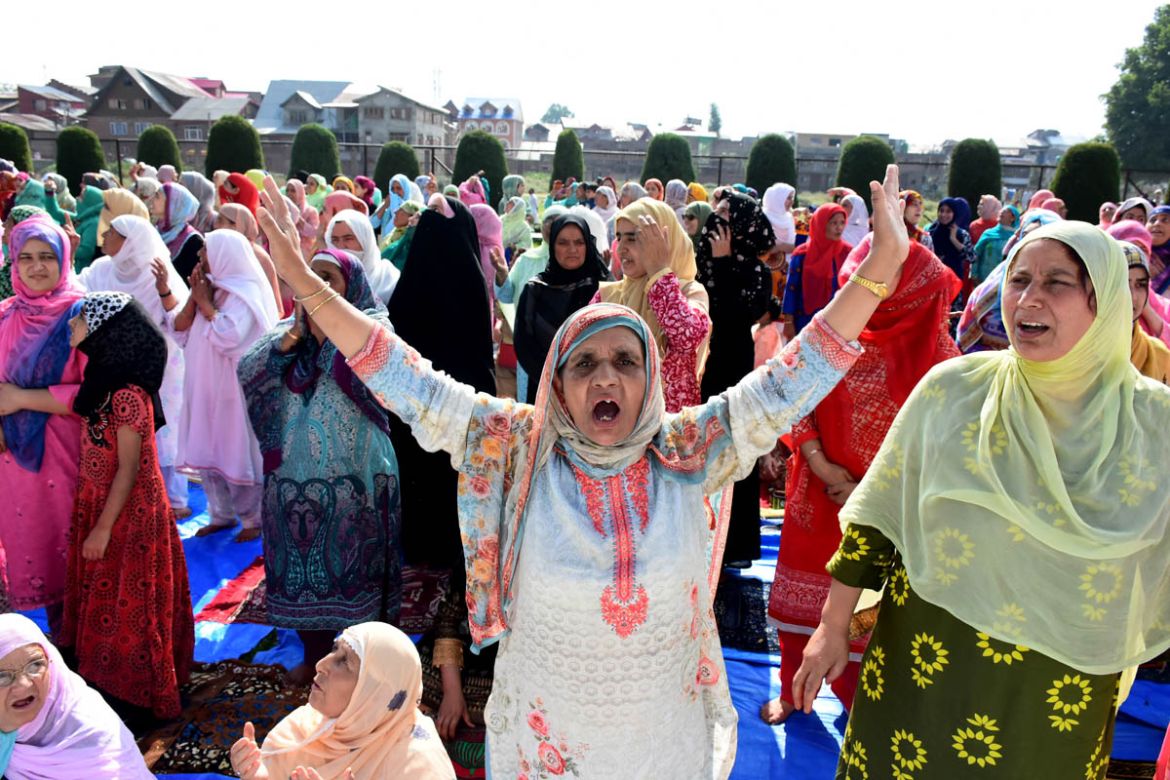
Srinagar, Indian-administered Kashmir – On August 5, the Indian government withdrew Article 370 of India’s constitution, which gave the disputed state of Jammu and Kashmir partial autonomy.
The article, abrogated in a cloak-and-dagger manner by the Hindu nationalist Bharatiya Janata Party (BJP) government, was followed by the imposition of a stringent curfew in the Himalayan region and the snapping of phone and internet connections.
On Tuesday, the worst lockdown in more than 70 years of conflict in Kashmir will enter its 100th day.
India’s move also included bifurcating Jammu and Kashmir – India’s only Muslim-majority state – into two “union” territories, Jammu and Kashmir, and Ladakh, to be administered by the federal government.
The abrogation of Article 370, done in the garb of uniting and strengthening the “territorial integrity of India”, had been appearing in the BJP’s election manifestos for several years.
The article granted Indian-administered Kashmir a degree of autonomy and restricted ownership rights to only natives of the disputed territory.
Residents now fear the law’s abrogation is directed towards changing the region’s demography.
Before the BJP government scrapped the article, thousands of soldiers were flown into the region, which is already one of the world’s most militarised with nearly 700,000 troops on the ground. The security lockdown has forced limited-to-no movement of people in the Kashmir valley.
Although some communications restrictions, such as landline phones and post-paid mobile services, have been eased, the ban on internet, text messaging and prepaid mobile connections continues.
It is Kashmir’s education sector that has been the worst hit as schools and colleges remain shut and students lose more than three months of their academic calendar.
Business is also affected as shopkeepers observe a self-imposed shutdown to protest India’s move.
The 100-day lockdown also saw intermittent episodes of violence. Workers from outside Kashmir were killed by suspected rebels last month. Several grenade attacks, one of which killed a non-local civilian in Srinagar, were also reported from across the valley.
The following photographs depict the life of Kashmiri people suffering under the crippling 100-day lockdown.
